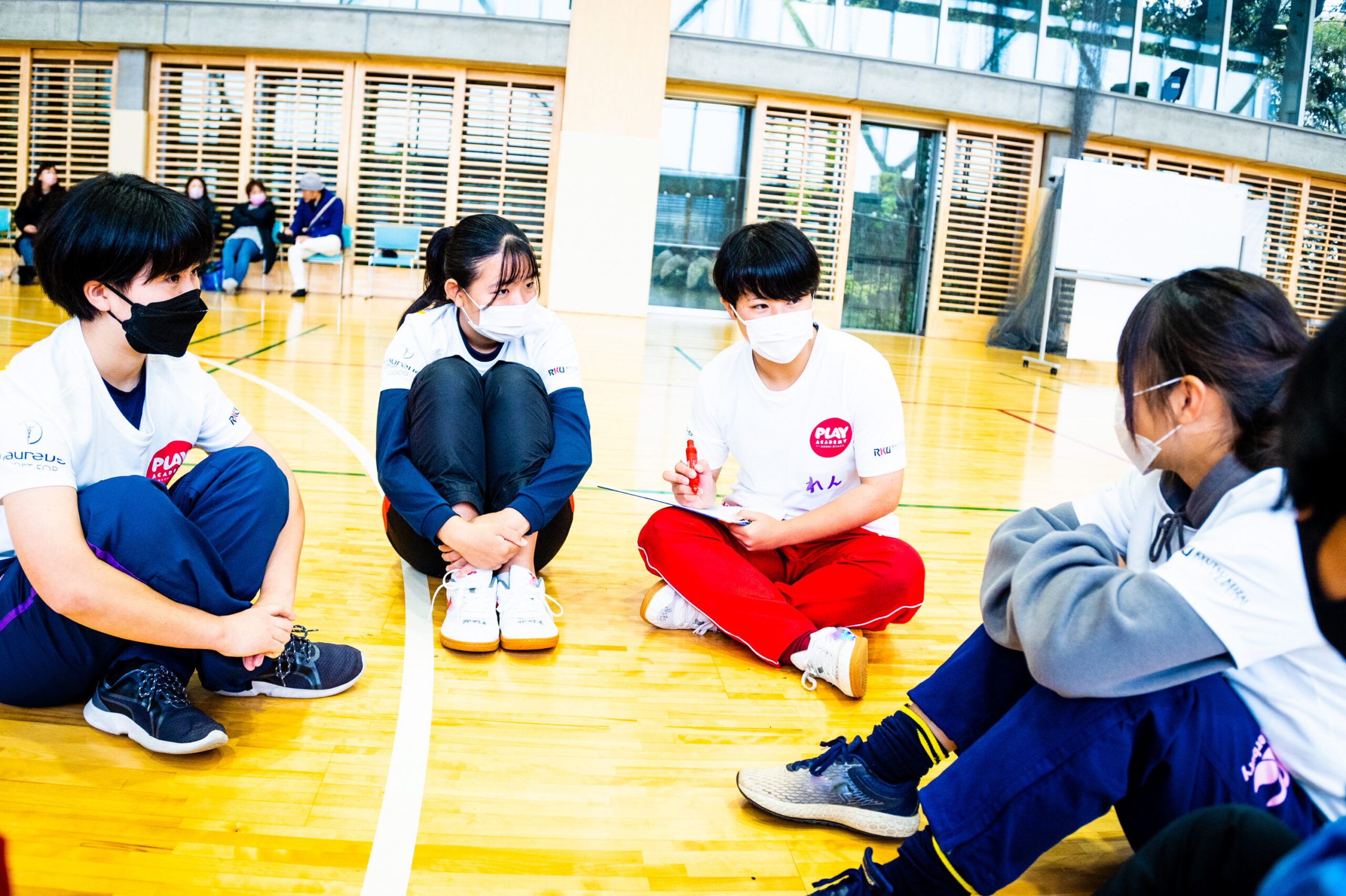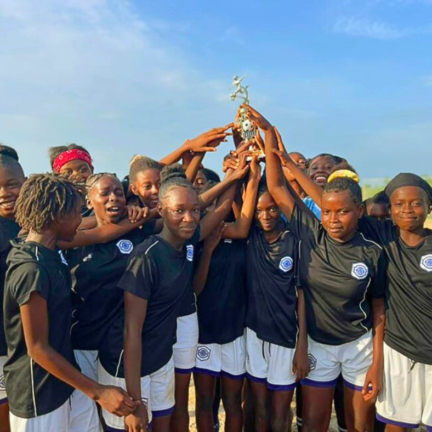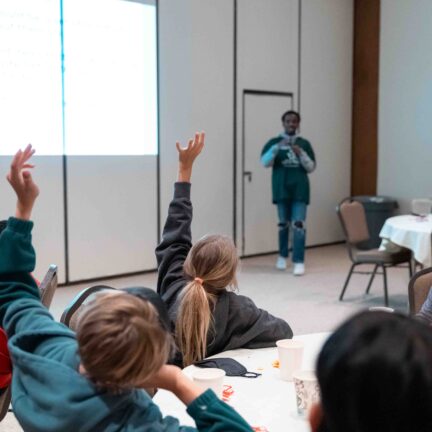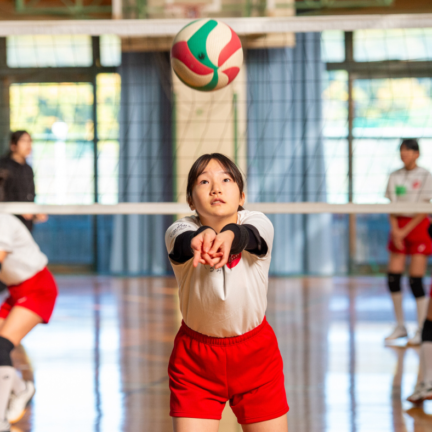Ren, a member of her high school’s rugby team said she wasn’t aware of her own gender bias. However, the 16-year-old from Japan said her perspective on gender both in her sport and in society has changed after participating in Ryutsu Keizai University’s (RKU) program: HERS.
Happiness, Education, Rights and Safe (HERS) was implemented in 2021 by RKU upon receiving funding from Play Academy with Naomi Osaka, an initiative to change girl’s lives through play and sport. HERS aim is to support girls and young women at its university and affiliated Kashiwa High School, where Ren attends, in learning about sports, careers and leadership skills. It’s all done through rugby.
Initially, RKU only had a men’s rugby team. Then in 2011 an experienced rugby player Chikami Inoue wanted to change that by establishing a women’s team at the university. Eventually in 2019, RKU also established a girls team at its affiliate high school. Till this day, RKU and and Kashiwa High School are one of the few schools in Japan to have both a team for both genders.
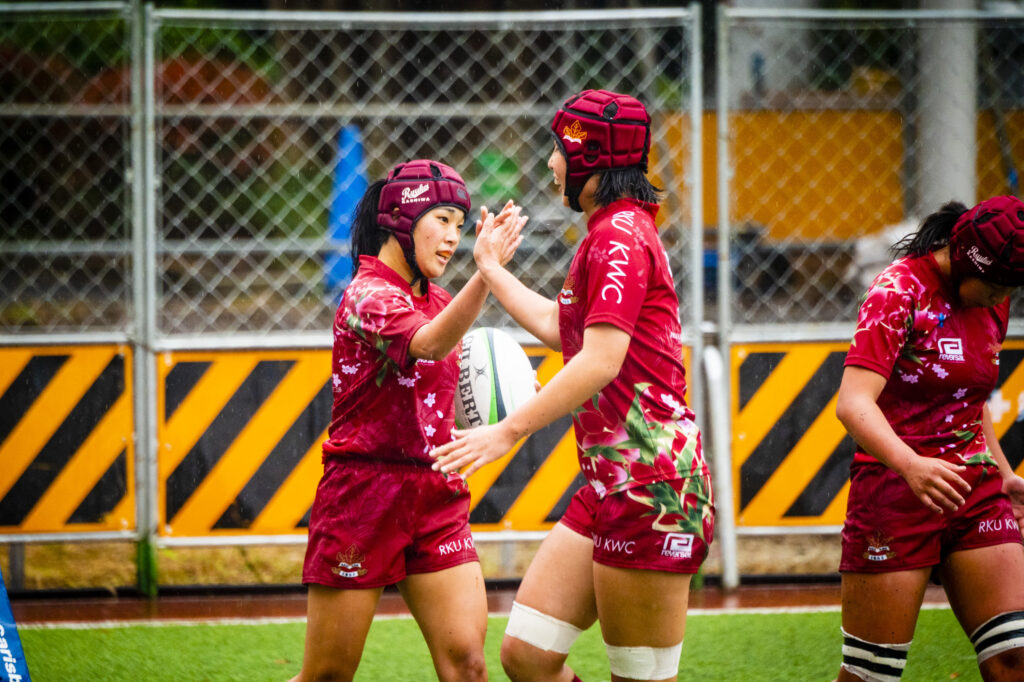
“At Kashiwa High School, girls can play rugby with top-level male players, and have an environment where they can grow not only as athletes, but as a person,” said Ren. “By participating in HERS, I also began to realize the discrepancy between men’s and women’s rugby, especially at the top level; for example on TV, you do not see many female players.”
The Gender Gap Index, released by the World Economic Forum in July 2022, ranked Japan the lowest among the G7 countries at 116 out of 146, and lower than China and South Korea in the Association of Southeast Asian Nations (ASEAN). With the country’s poor implementation of gender equality, HERS has made it a priority to increase education and awareness among its participants. They provided opportunities to think, rethink and learn about gender by welcoming female guests who are active in diverse professions of the rugby world.
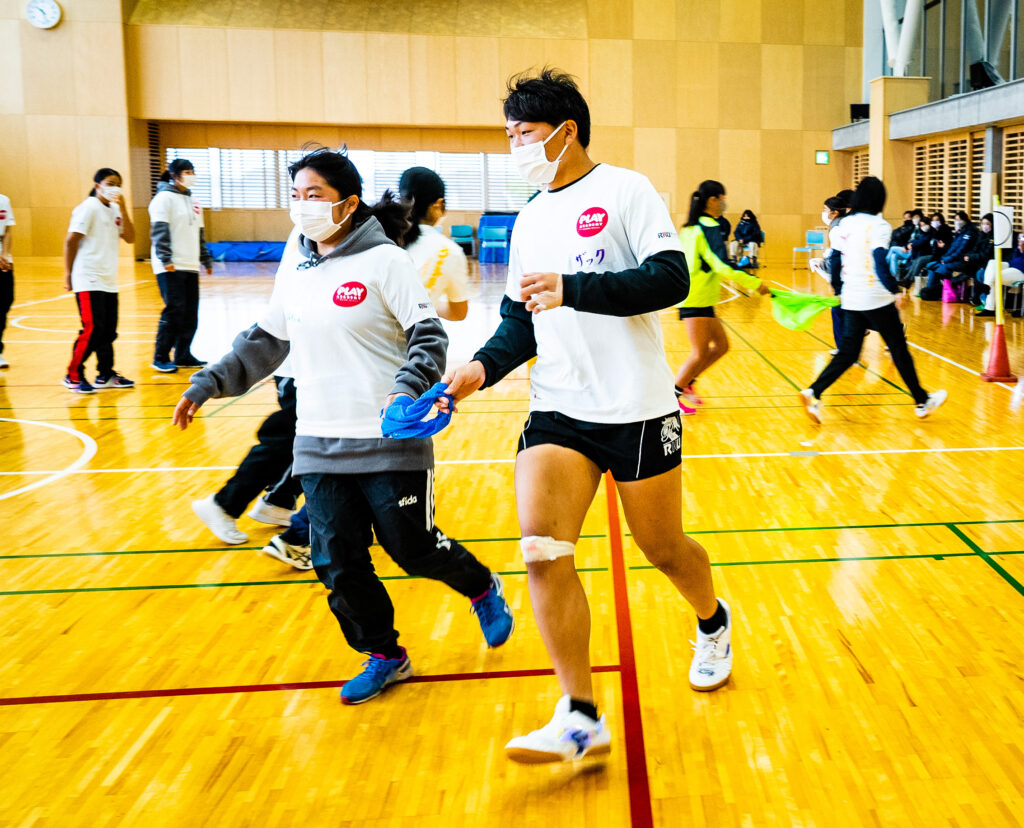
For example, the university held sessions in collaboration with Kashiwa High School about gender issues and ways to create solutions through rugby activities. They also invited Kaori Araki, a sports psychologist and former mental health coach for the Japanese men’s national rugby team, to speak and helped participants look at gender from various angles.
“In the future, I want HERS to spread the word more and for more people to know that rugby is also a sport for girls,” Ren said. “I want the world to become a place where girls can choose what they want to do without being restricted by gender”.
In addition to increasing education and awareness, HERS also has two other approaches to improving gender understanding and bringing rugby to more students: making rugby safe, secure, and fun; and building confidence as a leader and role model.
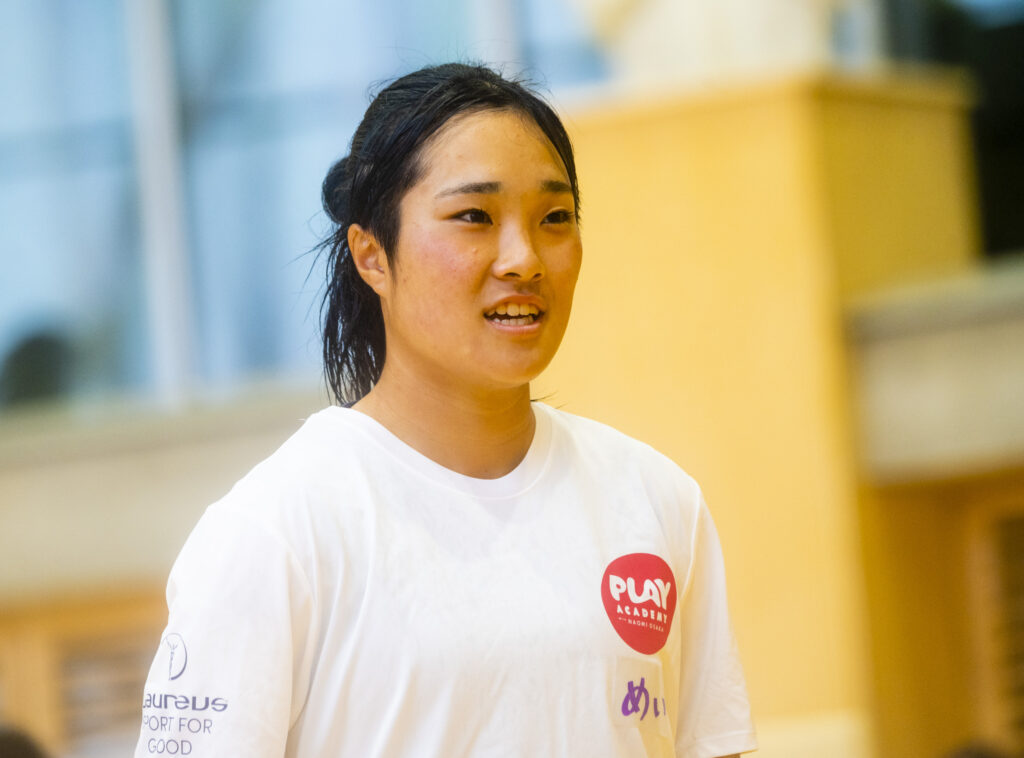
Kashiwa High School rugby team captain Mei said the program has helped her realize her own biases and stereotypes.
“It is a great opportunity to question the notion of gender as ‘girls should be this way and boys should be that way,” Mei explained. “Through my experiences, I realized that each person has their own strengths and weaknesses, which do not come from gender or sex, but as individuals.”
